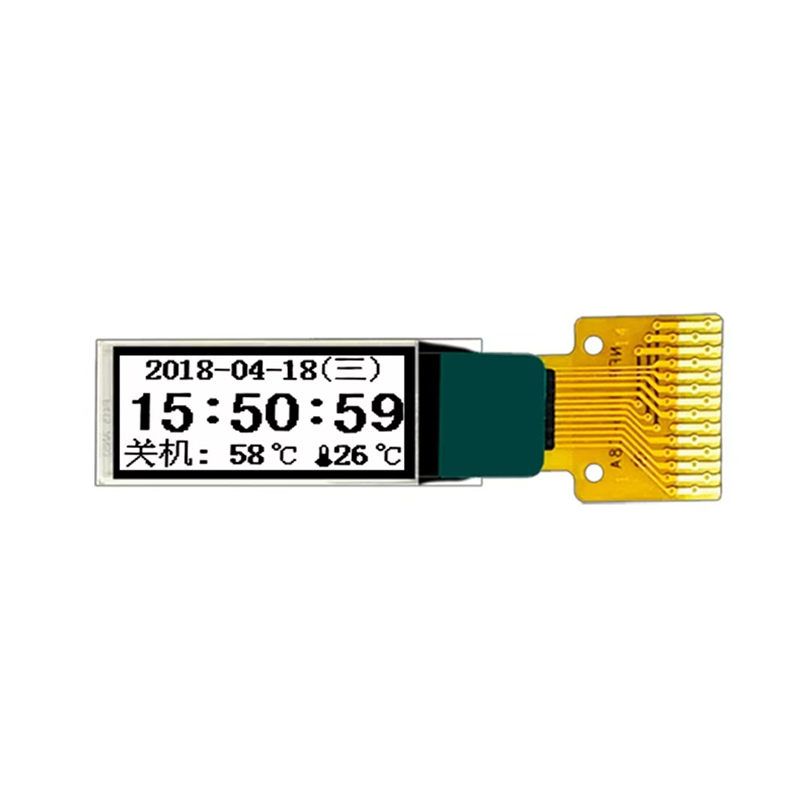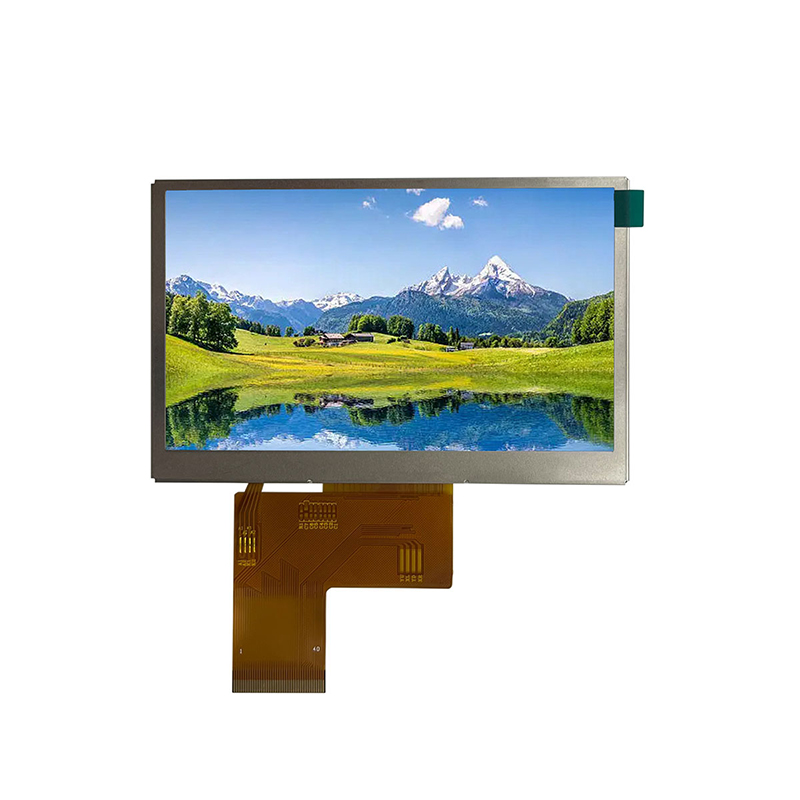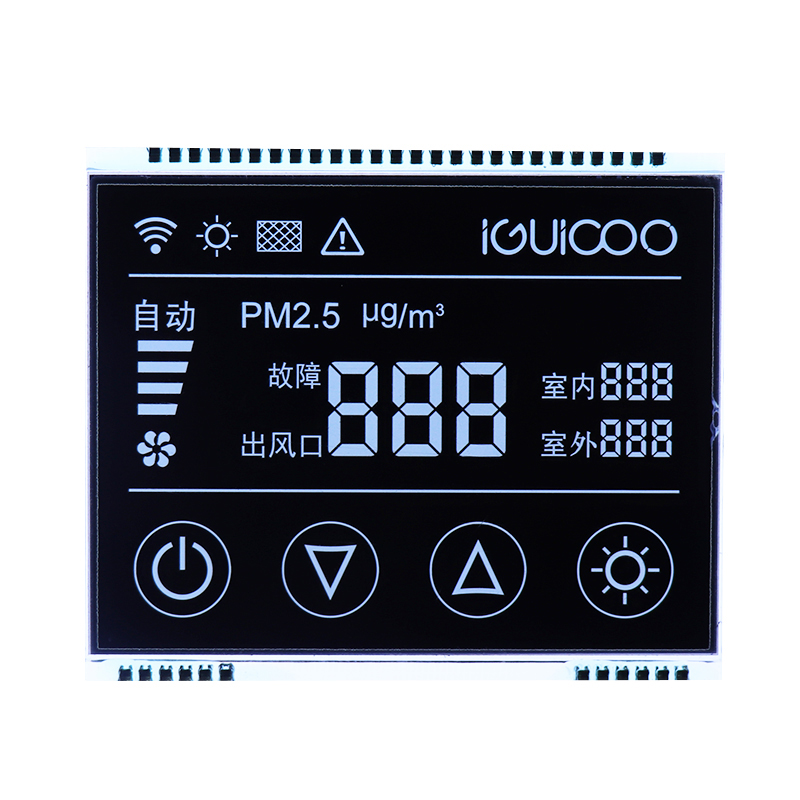
This guide provides a comprehensive overview of 16x32 LED dot matrix displays, covering their specifications, applications, selection criteria, and common considerations. We'll explore the technical details, helping you choose the perfect display for your project. Learn about different types, common drivers, and potential challenges to ensure a successful implementation.
A 16x32 LED dot matrix display is a visual display device consisting of a rectangular array of 16 rows and 32 columns of individual light-emitting diodes (LEDs). Each LED can be individually controlled to create various text, symbols, and simple graphics. These displays offer a versatile and cost-effective solution for a wide range of applications, from simple message boards to more complex instrumentation.
The resolution of a 16x32 LED dot matrix display is fixed at 16 rows by 32 columns. The physical size, however, varies depending on the manufacturer and the individual LED's size. Common sizes range from a few centimeters to several inches diagonally. Consider the required viewing distance and the desired level of detail when selecting the display size.
LED dot matrix displays come in various brightness levels and colors. Common colors include red, green, yellow, and amber, with white and blue also available. Brightness is measured in candelas per square meter (cd/m2) or nits. Higher brightness values are necessary for outdoor applications or environments with high ambient light.
Driving a 16x32 LED dot matrix display typically requires a microcontroller and a suitable driver IC. Common interfaces include SPI, I2C, and parallel interfaces. The choice of driver and interface depends on factors such as the microcontroller's capabilities, the complexity of the display control, and the desired communication speed. Many manufacturers offer specific driver ICs optimized for their displays.
The power consumption of a 16x32 LED dot matrix display depends on the number of LEDs, their brightness, and the driver IC used. Lower power consumption is desirable for battery-powered applications. Check the manufacturer's specifications for the typical operating current and voltage.
16x32 LED dot matrix displays find applications in various fields, including:
Selecting the appropriate 16x32 LED dot matrix display involves carefully considering the above specifications and your project's requirements. Factors such as the desired brightness, operating environment, interface compatibility, and power consumption are critical. Prioritize displays from reputable manufacturers with comprehensive documentation and support.
| Manufacturer | Model Number | Brightness (cd/m2) | Interface | Operating Voltage (V) |
|---|---|---|---|---|
| Manufacturer A | DM1632-A | 1000 | SPI | 5 |
| Manufacturer B | DM1632-B | 800 | I2C | 3.3 |
Note: This is a sample comparison. Always refer to the manufacturer's datasheet for accurate specifications.
For high-quality LED dot matrix displays and related components, consider exploring the offerings from Dalian Eastern Display Co., Ltd. They are a leading provider of innovative display solutions.












